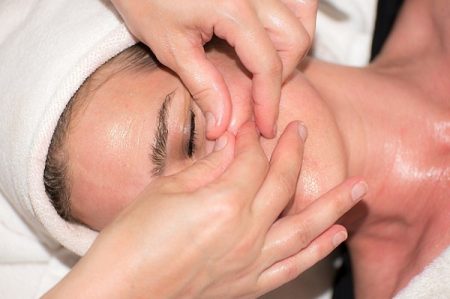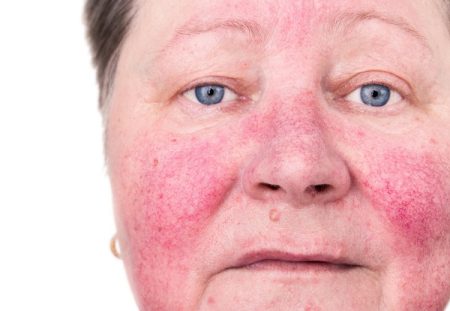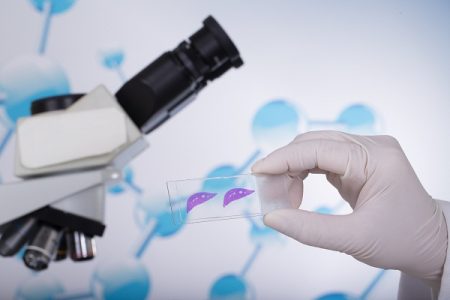What Are the Causes of Rosacea?
- Updated on: Jun 12, 2024
- 2 min Read
- Published on Apr 19, 2021
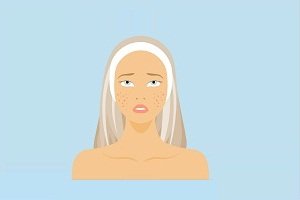
Risk Factors for Rosacea – Who gets rosacea?
Rosacea is a common skin condition. According to an estimate by the U.S. government, more than 14 million people are living with rosacea in the US.
Most cases of rosacea are mild. Symptoms may first appear in early 20s but usually the symptoms appear in the age of 30s-60s. Rosacea does not generally affect children.
Women are more commonly affected than men. However, rosacea in men is more severe in men than in women.
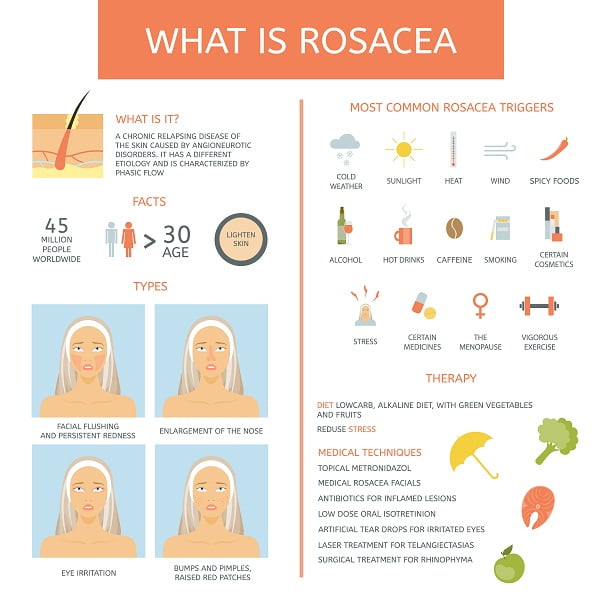
People who get rosacea are generally:
- Middle aged
- Fair-skinned
- With blonde hair and blue eyes
- Those having some genetic link
- Those who likely have acne
- With a Celtic or Scandinavian ancestry
- Women are more likely to get it
What Causes Rosacea?
Scientists are not sure what exactly causes rosacea. The following factors are thought to contribute to the disease:
Abnormalities in facial blood vessels
Researchers suggest that abnormalities in the blood vessels of the face can cause symptoms such as flushing, persistent redness, and visible blood vessels.
Your immune system
Researchers believe that most people with rosacea react to a type of bacteria called bacillus oleronius. This reaction disturbs their immune system.
Helicobacter pylori bacteria (H pylori)
It is a bug that causes infections in the intestines. It is commonly found in people who have rosacea.
Helicobacter pylori bacteria are found in the digestive system. It is believed that these bacteria may possibly cause rosacea, although the association is not yet proven.
Some researchers suggest that bacteria may stimulate the production of a protein called bradykinin, which causes your blood vessels to expand.
Microscopic mites
Mites called demodex folliculorum can live on human skin without causing any harm. But in people with rosacea these are found in large numbers. This is also believed to play a role in the development of the disease.
It is however not clear whether the mite is a cause or the result of rosacea.
Is rosacea hereditary?
Rosacea seems to be more common in families. But it’s not clear which genes are involved in causing the disease. It’s also not clear whether heredity plays a significant role in it.
Triggers of rosacea
A number of factors can trigger your rosacea symptoms by increasing the blood flow to the surface of your skin. Some of these factors are:
- Alcohol – alcohol does not cause rosacea, but it can trigger the symptoms for some people
- Sun exposure
- Light
- Hot beverages
- Extreme temperatures
- Exercise
- Certain topical creams
- Spicy foods
- Cosmetics
- Drugs that dilate blood vessels
- Certain blood pressure medications
- Emotions
- Humidity
- Dairy products
- Caffeine
- Hot baths
- Strong winds
- Stress
- Anger
- Embarrassment
- Anxiety
- Saunas
- Corticosteroids
- Menopause
- Certain acute medical conditions – such as cold, cough, or fever
- Certain chronic medical conditions – such as hypertension (high blood pressure)
- Certain drugs
Although these triggers are not thought to be direct causes of rosacea, they aggravate the condition in many people. Different people can have different triggers.





